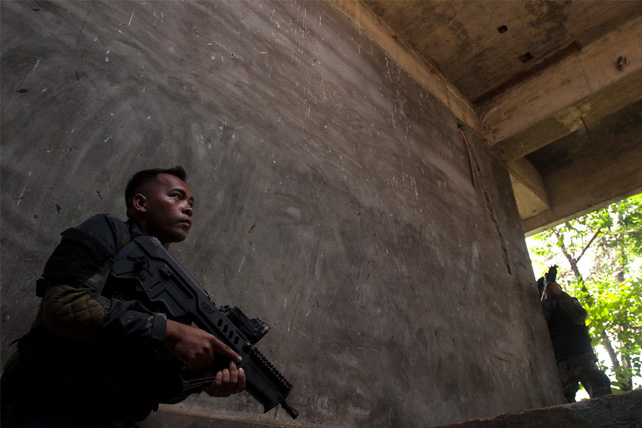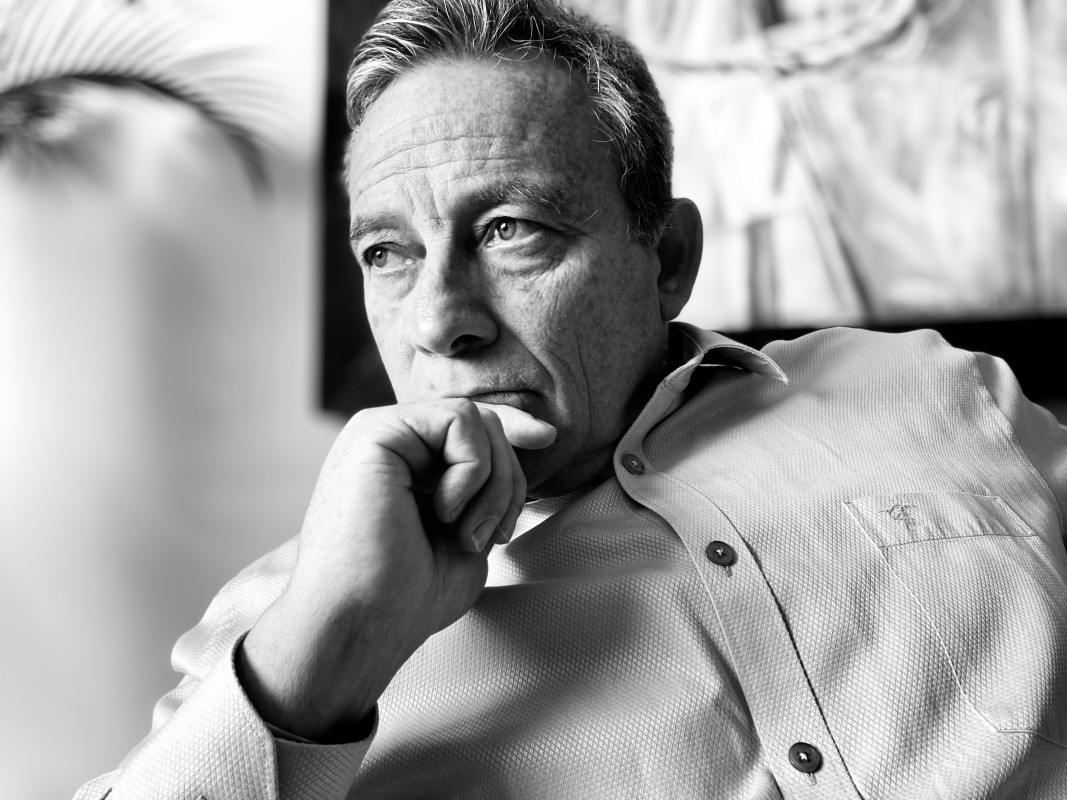A US jury has found former Sinaloa Cartel kingpin “El Chapo” Guzmán guilty of heading a massive, murderous drug trafficking organisation. The landmark conviction, however, has not shaken Mexico’s political actors accused of corruption, nor has it managed to take down the cartel itself.
The former head of Mexico’s Sinaloa Cartel, Joaquín Guzmán Loera, alias “El Chapo,” was convicted on all 10 counts included in a federal indictment, the US Justice Department announced on February 12.
“Guzmán Loera’s bloody reign atop the Sinaloa Cartel has come to an end, and the myth that he could not be brought to justice has been laid to rest,” US Attorney Richard Donoghue said in a news release.
It took a jury six days of deliberations to methodically sift reams of evidence and reach a verdict. Prosecutors presented 56 witnesses — 13 of whom cooperated in exchange for leniency — and hundreds of exhibits over the course of some three months of proceedings.
El Chapo will be sentenced in June, and as the convicted leader of an ongoing criminal enterprise, he faces a life sentence in federal US prison without the possibility of parole.
Prosecutors said that under his command over some two decades, the Sinaloa Cartel trafficked hundreds of thousands of kilograms of cocaine into the United States, earning some $14 billion for the cartel. The drug lord also amassed a personal fortune worth a billion dollars.
Guzmán’s lawyers said the trial was a “show” and that they will appeal the verdict.
“The US government knows full well that nothing has changed and nothing will change with El Chapo’s conviction,” one of his lawyers, Eduardo Balarezo, said in a tweet.
The Guzman trial was purely a "show" meant to demonstrate American might and power. The U.S. government knows full well that nothing has changed and nothing will change with #elChapo 's conviction. https://t.co/JqDQdAJZlg
— BALAREZO LAW (@balarezolaw) February 12, 2019
InSight Crime Analysis
The El Chapo trial was extraordinary, and the guilty verdict will go down as one of the most significant victories for US law enforcement against international drug trafficking. El Chapo will undoubtedly be remembered as one of the most prolific and notorious criminal leaders that Latin America — and the world — has ever seen.
That said, much of what was unveiled throughout the course of the trial generally didn’t come as a major surprise — save for some grisly details — to those who have followed Guzmán’s career. And such details matter little to those in Mexico who have had to endure more than a decade of bloodshed as a result of the so-called “war on drugs.”
The stories told at the trial were indeed spectacular: El Chapo’s ranch outfitted with a zoo, a 20-ton cocaine shipment that sunk off the coast of Mexico, a mile-long tunnel outfitted with a motorcycle for his escape from prison. Absent, though, was the kind of evidence of alleged government corruption that would have opened the floodgates to major political scandals.
From the day of opening statements, the defence made claims of bribes paid to top security officials and at least two former Mexican presidents, including an alleged $100 million bribe paid to former President Enrique Peña Nieto. But from the beginning, Judge Brian Cogan greatly limited what El Chapo’s defence team was able to ask key witnesses who allegedly had information regarding top-level corruption.
While El Chapo’s US trial failed to reveal the full extent of government corruption related to the drug trade, it also created a media frenzy that shifted attention away from the fact that Mexico’s crime and violence continue apace in the drug lord’s absence.
The criminal organization that El Chapo was the key piece of remains intact and one of Mexico’s most powerful crime groups today. Despite the Sinaloa Cartel’s ability to power on without its leader — an illustration of the limits of the controversial “kingpin strategy” of attacking the leaders of such criminal groups — authorities in both the United States and Mexico are still intent on taking out crime bosses.
Indeed, both governments now have their sights set on Nemesio Oseguera Ramos, alias “El Mencho,” the leader of the Jalisco Cartel – New Generation (Cartel Jalisco Nueva Generación – CJNG), which rivals Sinaloa for Mexico’s most dominant criminal organization. El Mencho is one of the US Drug Enforcement Administration’s (DEA) top 10 most wanted fugitives, and authorities are offering a multimillion-dollar reward for information leading to his capture.
If El Chapo’s US trial tells us anything, it’s that eliminating the heads of Mexico’s organized crime groups isn’t going to stop the record levels of bloodshed. As the country’s criminal groups continue to fragment and diversify while authorities revert to militarized security strategies, a drug war that can’t be won seems poised to carry on, with no end in sight.
*This article was first published by InSight Crime. The original may be found here.


